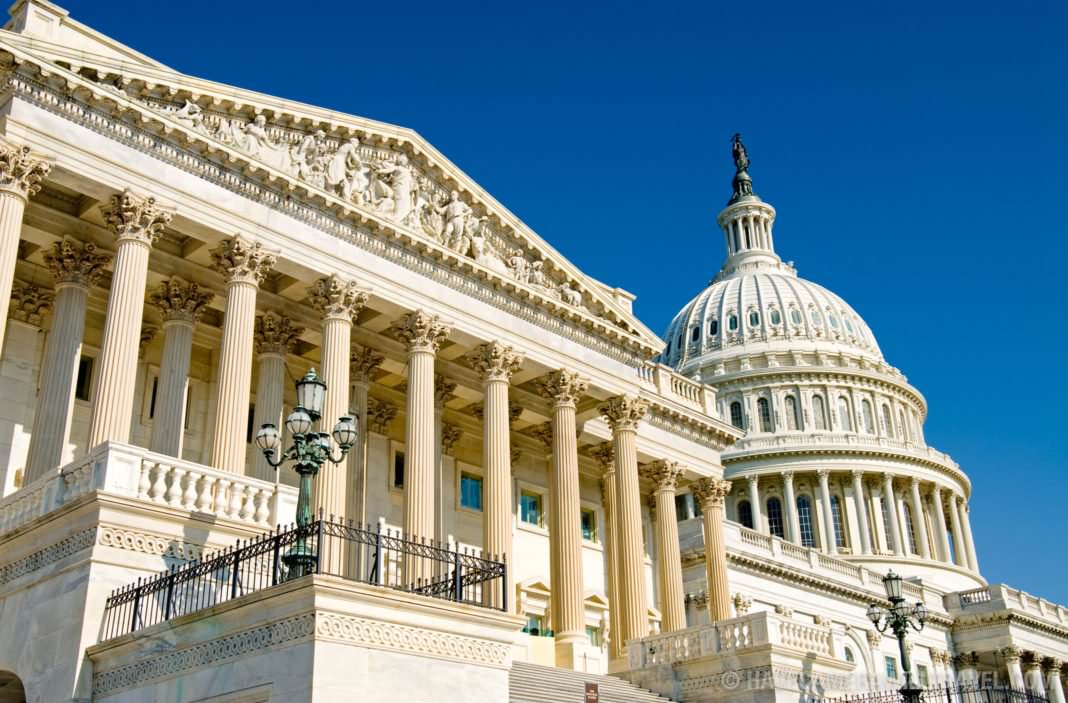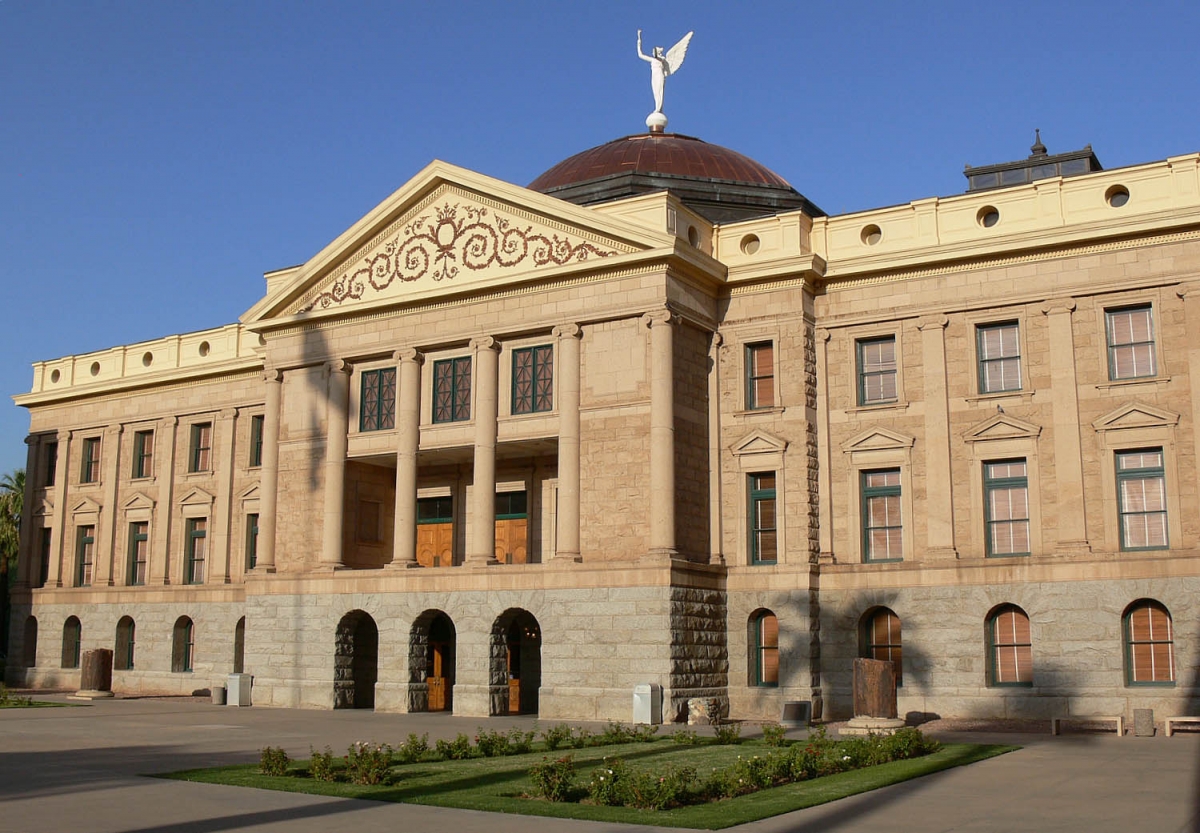Legislative Update-Summer 2018

Tax Reform & the LIHTC Program
The worry that Federal Tax Reform brought to the Low-Income Housing Tax Credit (LIHTC) industry was eased this Spring via the Congressional 2018 Omnibus Spending Bill. This legislation included an increase to each State’s tax credit allocation for an additional 12.5 percent in credits for a four-year period starting in 2018. The legislation also permanently established each state’s ability to allow income averaging in new tax credit projects.
Federal Tax Reform had left the LIHTC industry worried about an overall devaluing of credits based on a lessening demand for the credit, given the reduction in corporate tax rates. While the 12.5 percent increase has provided a cushion for potential decreases in value, the LIHTC industry has not seen a significant devaluing of the credits, as was originally projected.
Arizona committed its 12.5 percent increase for 2018 in its recent competitive 2018 9% Competitive Round, announced June 15. The State is taking comments on income averaging during its 2019 Qualified Allocation Plan (QAP) public input process
Other LIHTC-related Legislation
LIHTC advocates are strongly hoping that The Affordable Housing Credit Improvement Act (S.548/HR.1661), which is a strong bipartisan effort in both the House and Senate, will come up for action in an end of the year tax bill, which is anticipated to fix some tax reform issues. In addition to renaming the LIHTC program, the Affordable Housing Tax Credit, the bill would most importantly increase the national tax credit ceiling by 50 percent over a five-year phase in period. The bill would also make other changes to the program that have received strong support from the tax credit industry.
Federal 2018 and 2019 Budgets
On the federal budget front, the Federal FY2018 Appropriations were surprisingly positive, increasing most federal housing resources to pre-recession levels.
The Administration’s FY2019 budget proposal would eliminate the HOME Investment Partnership Program and Housing Trust Fund, and severely reduce other housing resources. The Administration has also floated a proposal to move the Community Development Block Grant (CDBG) to the U.S. Department of Commerce, and to relocate the Rural Development housing programs of the U.S. Department of Agriculture (USDA) to the U.S. Department of Housing and Urban Development (HUD).
On a more positive note, the House and Senate’s FY2019 HUD budget was proposed at only a slight reduction from the FY2018 budget. The timing of future action on the FY2019 budget bills is uncertain.
Housing Finance Reform
While Washington still seems committed to Housing Finance Reform and is still expected to tackle it at some future date, no action is expected to take place this year.

State Update
Unless Governor Ducey calls a special session, the Arizona legislature will remain adjourned until January 2019.